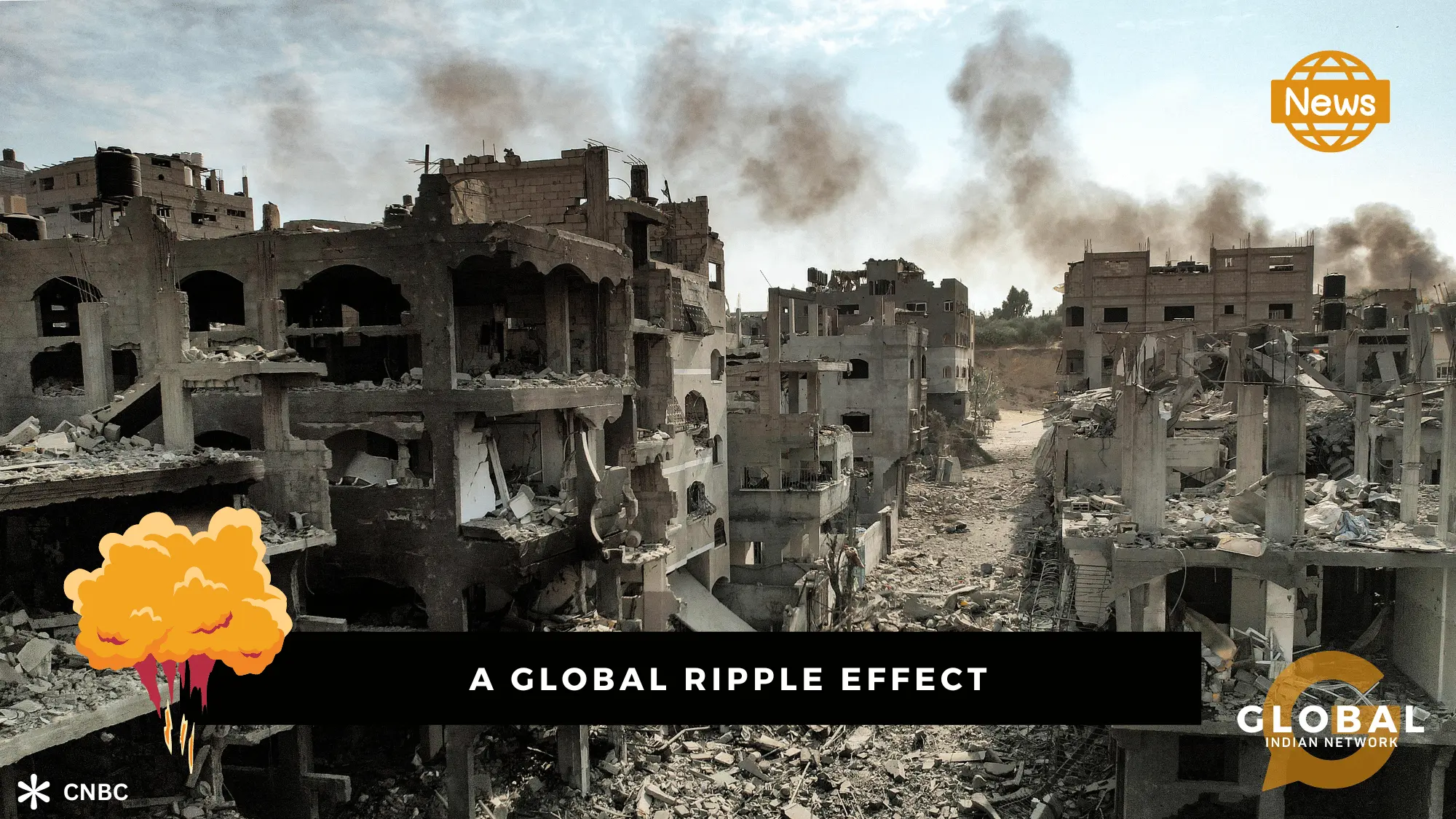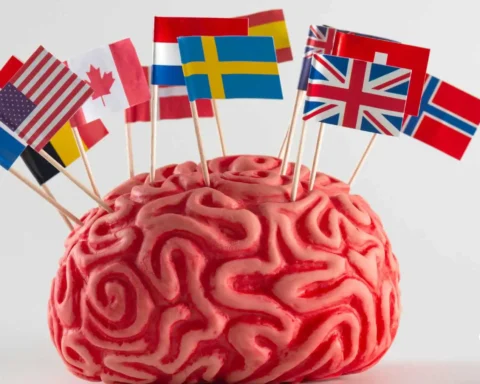The explosive clash between Hamas and Israel isn't just a regional showdown; it's a global powder keg, sparking repercussions that ripple through the realms of international relations, economies, and security. With a dynamic interplay of power dynamics, shifting alliances, and enduring tensions, this conflict exerts a profound impact not only on the immediate stakeholders but also on the entire global community. From the intricate web of international relations to the intricate threads of economies and the ever-present spectre of security, this war is a catalyst for change that resonates far and wide.
International Relations
The war has tested the diplomatic strategies of global powers. For example, China's "pro-Palestinian neutrality" could potentially aid in mediating the conflict. Iran's role in the conflict, particularly its support for Hamas, could further strain its relations with Israel and the U.S.
China's Role
China's stance in the conflict has been termed as "pro-Palestinian neutrality". This is reflected in their diplomatic efforts to mediate the conflict, as well as their consistent support for the establishment of an independent Palestinian state based on the 1967 borders, with East Jerusalem as its capital. However, China's approach to the conflict has been met with both criticism and praise. On the one hand, the neutrality stance has been perceived as a balanced approach that might help in conflict resolution, especially given China's growing influence in the region. On the other hand, some argue that China's neutrality and refusal to designate Hamas as a terrorist organisation undermines its claim of being an unbiased peace broker.
Moreover, the conflict might have a negative impact on China-Israel relations in the short term. Israel expected a more sympathetic stance from China, which has yet to be forthcoming. This could influence Israel's future policy and attitude towards China.
Iran's Role
Iran's support for Hamas has been a contentious issue, further straining its relations with Israel and the U.S. This conflict could potentially escalate the existing tensions between these countries, complicating the already complex dynamics of Middle Eastern geopolitics.
Economic Impact
The uncertainty surrounding the conflict has led to increased volatility in the global economy. This uncertainty can cause investors to seek safer assets, such as U.S. government bonds. As a result, the demand for these bonds increases, pushing their prices and, in turn, the yields (interest rates) they offer. This could lead the Federal Reserve to raise interest rates to control inflation and stabilise the economy. However, if the conflict escalates and lasts longer than expected, the uncertainty could persist, potentially leading to higher interest rates for a longer period.
The increase in interest rates could lead to a global recession. As interest rates rise, the cost of borrowing increases, which can slow economic activity. This could lead to decreased consumer spending and business investment, further exacerbating the economic downturn. Moreover, a global recession could lead to a "dollar-doom-loop" scenario, where countries with weaker currencies fall into recession, further devaluing their currencies against the dollar. This could lead to a coordinated global slowdown.
Regional Instability
Conflicts can inadvertently spread to neighbouring countries due to various factors such as shared borders, ethnic or religious ties, or shared ideological principles. Given the close geographical proximity and political complexities of the Middle East region, there's a risk that the Hamas-Israel conflict could spill over into neighbouring countries.
The conflict could further destabilise countries in the region that are already politically unstable. The war could exacerbate existing tensions, lead to a reshuffling of alliances, and stoke sectarian divisions. This could lead to a worsening of the political situation in these countries, making it harder for them to manage their internal issues and contributing to regional instability.
The conflict could potentially lead to a refugee crisis, with people fleeing the violence in Israel and the Palestinian territories. This could put additional strain on neighbouring countries, many of which are already hosting large numbers of refugees.
Security Concerns
The conflict has led to a surge in anti-Semitic threats in Europe. This is primarily due to the perceived support of Israel in the conflict by some European governments and individuals. The rise in anti-Semitic incidents has been particularly concerning for the Jewish community in Europe, which is already grappling with increasing levels of hate crimes and discrimination.
The conflict has also heightened fears of a return of Islamist terrorism in Europe. This is due to the involvement of Islamist groups like Al-Qaeda and ISIS in the conflict. These groups have called on their followers to strike Israeli and Jewish targets, which has put the security of European Jews and Israelis at risk.
The rise in anti-Semitic incidents and fears of Islamist terrorism have significant political implications. Increased security concerns could lead to a hardening of attitudes towards immigration and a greater emphasis on national security. This could lead to a shift in political ideologies, with an increased focus on nationalism and a decrease in support for multiculturalism and diversity.
Conclusion
The Hamas-Israel war has far-reaching implications that extend beyond the immediate geographic confines. The conflict not only impacts the people and politics directly involved but also sends ripples across the world, influencing international relations, global security, and humanitarian conditions. The war's ripple effect is also felt in public opinion. It has sparked intense debates and polarised views, with individuals and communities across the globe voicing their perspectives and concerns. This global conversation is a reminder of the interconnectedness of our world and the collective responsibility we bear in addressing conflicts and fostering peace. The Hamas-Israel war serves as a stark reminder of the interconnectedness in our global community. The consequences of this conflict underline the importance of pursuing diplomatic solutions, fostering mutual understanding, and striving for a peaceful coexistence. Through these efforts, we can hope to mitigate the ripple effects of such conflicts and strive for a more peaceful world.











[…] To create a ripple effect by inspiring others to take effective action against viral […]